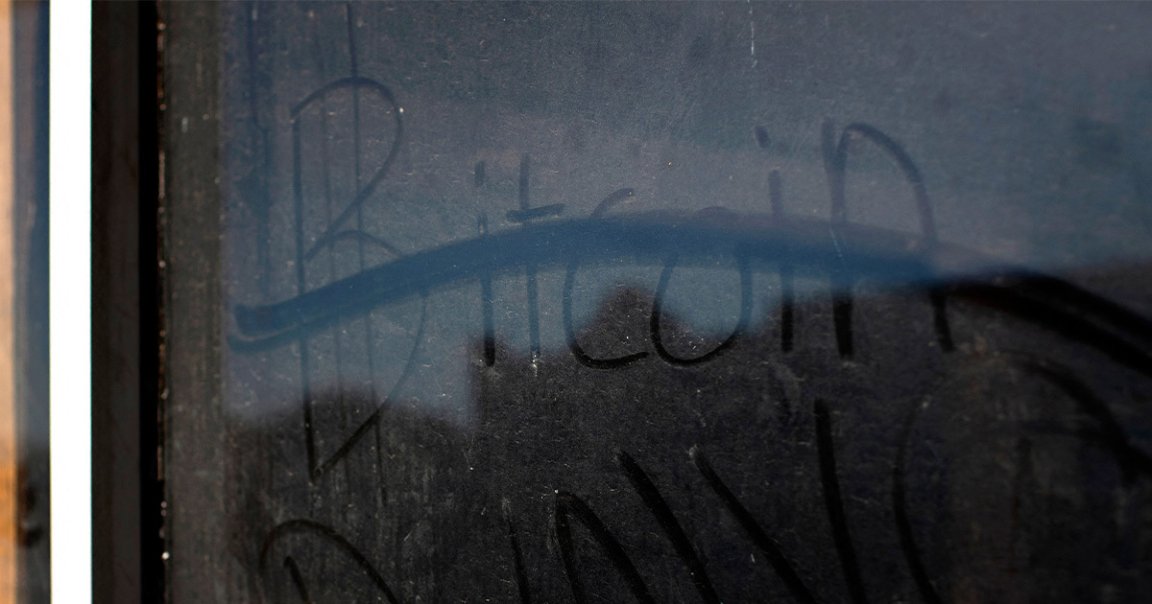
Staying Hum
Bitcoin mines often spell noise trouble for the residents of the areas where they set up shop. But the loud droning of their fans running non-stop to cool endless arrays of computers isn’t just a mild inconvenience — it just might constitute a legitimate medical threat.
Time reports the harrowing story of one such town, Granbury, Texas, where dozens of residents, under daily assault by sound emanating from a new bitcoin facility, have mysteriously fallen ill. Their symptoms are serious, ranging from tinnitus, vertigo, nausea, and migraines, to heart palpitations, panic attacks, and even seizures. Some families living near the facility say they’re unable to sleep.
“We’re living in a nightmare,” Sarah Rosenkranz, a 43-year-old resident, told Time.
Proving that the bitcoin mine, owned by crypto heavyweight Marathon Digital Holdings, is at fault for all their ailments is difficult. But as Time notes, an emerging body of evidence has linked prolonged exposure to noise pollution with cardiovascular damage — and the tribulations of Granbury’s residents may be a grim case in point.
“The European Environmental Agency tells us that everything above 55 decibels is making us sick,” Thomas Münzel, a German cardiologist who has extensively studied the effect of noise on human health, told Time. “The most spectacular cardiovascular diseases will develop. They have to stop the machines.”
Resident Evil
The facility started running its computers in the summer of 2022. Since then, residents living around the mine have recorded noise levels as high as 91 decibels during the day, and above 70 decibels in the night from what should be the sanctuary of the bedroom.
Law enforcement has also been involved. A local constable has recorded a noise level exceeding 85 decibels from the facility over 35 times in 2024, which the Centers for Disease Control and Prevention considers a potential hazard if exposed to over long periods.
That number, 85 decibels, is the extremely generous noise cap imposed by Texas law, which is by far the loudest limit in the country, according to Les Blomberg at the nonprofit Noise Pollution Clearinghouse.
A small sampling of the 50 people who’ve reported symptoms possibly stemming from the bitcoin mine sounds like the stuff of “Erin Brokovich” or “Silkwood.” One 77-year-old retired pastor said that after the bitcoin mine went online, he stopped sleeping and lost his hearing. This February, he was rushed to the ER after “his heart gave out,” and was given a pacemaker. A 38-year-old woman lost hearing in her right ear and was diagnosed with heart failure. A 19-year-old cancer patient claimed her crippling migraines at home subsided after she went to an out-of-town hospital for treatment.
And in December, Rosenkranz said she was rushed to the ER for an excruciating, five-day migraine that wouldn’t die down despite her doctors’ best efforts — eerily mirroring an earlier episode when her five-year-old daughter had ear pain that bizarrely persisted, too.
But for now, residents are virtually powerless to stop the noise. There is no state law giving local authorities the power to order the bitcoin mine to shut up. The police have only been able to slap on measly fines — and even these are being challenged by Marathon’s lawyers.
More on crypto: Trump Has Completely Flip Flopped on Crypto